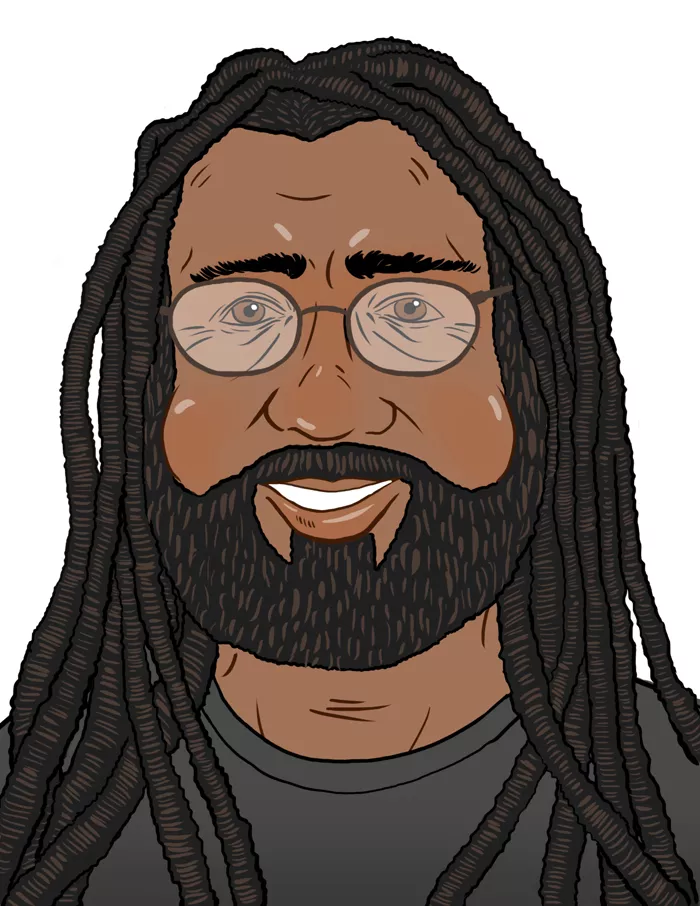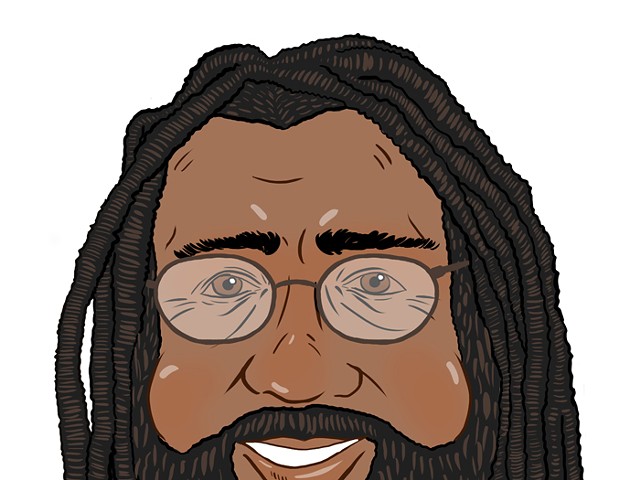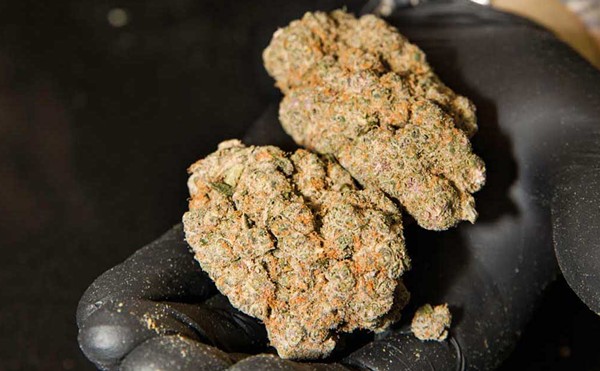Post-Traumatic Stress Disorder is the first new condition added to the list of qualifying conditions since the Michigan Medical Marihuana Act went into effect in 2008. Steve Arwood, director of the state Department of Licensing and Regulatory Affairs, approved the recommendation of the advisory panel last week. Apparently the system, as set up in the MMMA — can work.
As long as it took, it still puts Michigan at the forefront on PTSD. Of the 20 states (plus the District of Columbia) with medical marijuana laws, Michigan is just the sixth to allow it for treatment of PTSD. And, ironically, it came the same week the federal Department of Health and Human Services finally gave long-delayed approval to the University of Arizona to study marijuana as a potential treatment for veterans with PTSD.
Arwood, an appointee of Gov. Rick Snyder, was decidedly less than enthusiastic about the approval. His press release read like something cobbled together to appease various political concerns. First of all he cited the 6-2 vote to approve by the panel, particularly that of Michigan’s chief medical executive, Dr. Matthew Davis, and said that he was required to carefully consider this recommendation. So far, so good.
He goes on to say, “I do remain very concerned with the scope of this approval and the process in general.” Apparently complaining about rules that were in place at the time he took the job in January 2013. But I’ll not quibble much about that.
But here’s where he runs off the tracks. He points out that PTSD is a mental health issue and that this approval steps away from using marijuana only for physical disease. A little later, he gets into his concerns over the “insufficient evidence” on the effect of marijuana on minors. Then he really goes off the rails in saying: “[I]t remains my belief that expansion of the statute should be in the hands of the legislature, not the Director of the Department of Licensing and Regulatory Affairs.”
The guy doesn’t want to do the job he was hired to do. In addition to the fact that this is the process specifically set up by the MMMA.
Arwood is a political creature. He served as deputy director at the Michigan Jobs Commission for Gov. John Engler, and was director for the House of Representatives Programs and Policy. To me, the press release reads like the guy felt like he had to do it but felt like he had to address the concerns of key factions out there. Arwood sounds like an old anti-drug warrior who just doesn’t want to agree with the evidence before his eyes, yet feels he has to.
First of all, he didn’t have to approve it. It’s up to his discretion whether to allow new conditions. I’m sure there was some behind-the-scenes dickering from interested parties here. I mean, we’re talking about a state agency and an issue for which people have very strong opinions. But the cop-out of laying it at the legislators’ feet is amazing. The 11-member MMMA review panel has six physicians, and the five non-physician members include a psychologist, a professor of pharmacy and other health professionals. Only Dave Brogren, president of Cannabis Patients United, could truly be considered a nonmedical professional.
My point is that a doctor-heavy panel made the recommendation, yet Arwood wants politicians to decide. He wants to quibble about mental health issues, although the panel includes a psychologist and a psychiatrist, but he prefers politicians to make the call.
That’s bass-ackwards, as my father used to say. But that’s the way we do things when it comes to drugs and drug policy.
David Crocker M.D., a panel member who is founder and president of Michigan Holistic Health, with three locations in western Michigan, gives us a little perspective on what’s going on out there.
“Roughly one-third of doctors are pro-medical marijuana, one-third are philosophically opposed to it, the rest are in the middle waiting for guidelines,” he says. “Acceptability of marijuana is on the rise in the general population. … Almost everyone in the medical community agrees that it should be rescheduled to allow for at least testing. The politics of marijuana are lagging behind the science and behind public opinion at this point.”
Crocker services about 10,000 patients at his three clinics in Kalamazoo, Grand Rapids and Battle Creek. The majority of them are chronic pain patients.
While the politics are definitely lagging, there is an evolution taking place among politicians because public opinion is evolving. A representative of a national pro-marijuana organization once told me that politicians used to return their donations, but now they are calling and asking for money. There are actually pro-marijuana lobbyists working in state capitals and in Washington, D.C.
“Support for marijuana was formerly a form of political suicide,” Crocker says. “With more people advocating in a public forum, now it’s to your political benefit in some areas if you are open to the idea of marijuana.”
Arwood seems like a man caught in the middle. His final statement in the press release shows him solidly stuck in the middle. He says, “Further legalization efforts belong with our elected representatives.” Then he flips and says, “I put my trust in the medical professionals in Michigan.”
Truly a man who seems stuck in the middle.
GUPTA'S BLIND SPOTS
Last time, I wrote about Dr. Sanjay Gupta doubling down on medical marijuana. Having since watched the program I have a few comments. First of all, Gupta is covering ground that most marijuana activists have covered long ago. He is somewhat behind the curve. However, he has an influential voice and he is making a difference. Gupta is championing the cause of epileptic children who are getting relief with CBD-rich marijuana where traditional medications are ineffective. There is a movement that is trying to create a CDB-only medical marijuana world. The problem with this is that CBD, and all cannabinoids, seem to work better as a group rather than as discrete elements. The whole plant is more effective. Gupta approached this in his CNN show Weed 2, but gave it such short shrift that some folks may have missed it. The other point that Gupta didn’t even broach was the effects, both anecdotal and scientific, in at least curbing some cancers. The only time Gupta mentioned the C-word in relation to marijuana was about palliative care. That is using marijuana to ameliorate the effects of cancer treatments such as chemo and radiation.
Even Crocker, who is enthusiastic about medical marijuana, gets very cautious when it comes to talking about curing cancer.
“At this point, there is just so little evidence of how well marijuana works with cancers,” he says. “There is some preliminary evidence that it’s useful. We can’t oversell marijuana as a cancer treatment. … Anxiety, pain, weight loss — all of those things are well-managed with marijuana. It matches very well with cancer treatments.”
OK, you can’t call it a miracle drug, but it does deserve to be part of the conversation. Maybe Gupta will look at some of that “preliminary evidence” in a Weed 3 show.







